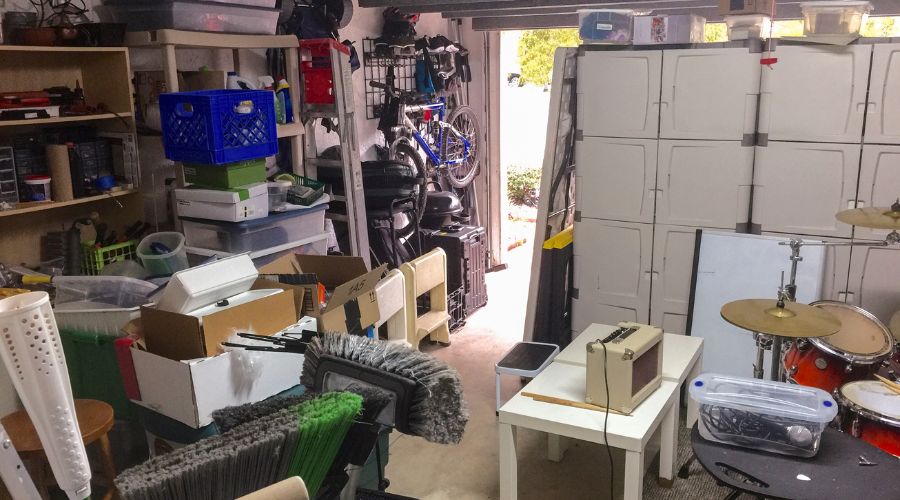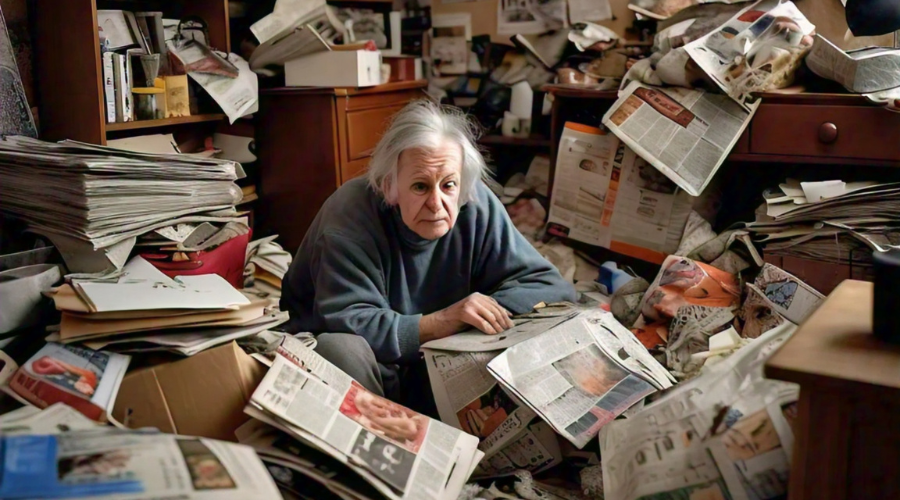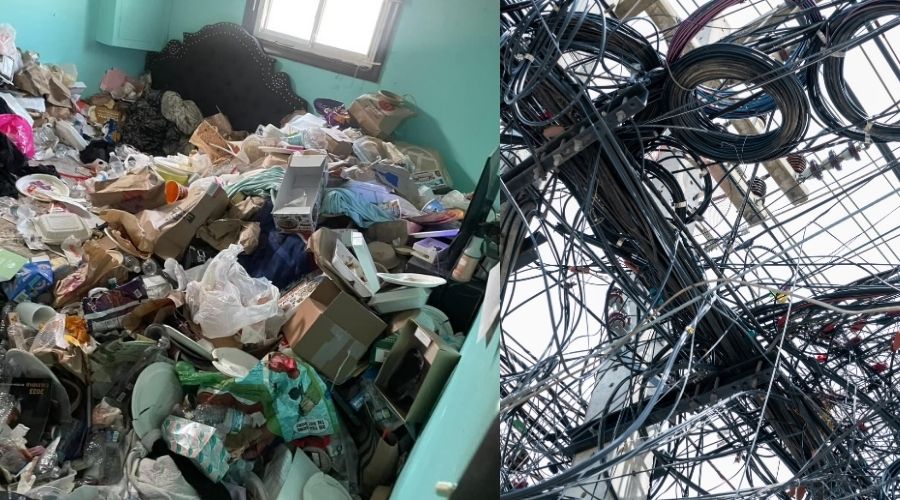Have you ever found it difficult to let go of items others might consider trivial or unnecessary? Do you struggle with parting with possessions that others would consider clutter, junk, or even something as simple as a newspaper you’ve already read? You might want to consider the connection between this habit and the state of your mental health. There’s a term for this habit: Hoarding. While this term can be misconstrued, it’s a real and severe mental health condition that affects many individuals, especially here in Minneapolis, MN, and its surrounding towns.
Generally, people associate hoarding with the act of keeping an excessive amount of items that most people might consider pointless. While hoarding might seem like just a quirk, laziness, or even an eccentricity, it goes much deeper than that. Hoarding is, in fact, a mental health disorder often associated with other conditions like obsessive-compulsive disorder (OCD), depression, and anxiety disorders. In this article, we will probe the effects of hoarding on mental health, mainly focusing on its impact within the Minneapolis, MN area.
If you have questions, please call us.
You can reach us here: 763-296-8264
We have extensive experience in helping with hoarding cleanup,
so please call and we will do what we can to help.
What is Hoarding?
At its simplest level, hoarding is the persistent difficulty of discarding or parting with possessions regardless of their actual value. This behavior usually has harmful effects—emotional, physical, social, financial, and even legal—for the person suffering from this disorder and their family. Although the term ‘hoarding’ might make you think of those who keep a lifetime of items in their homes, the repercussions extend beyond the physical clutter. It’s a complex disorder, often misunderstood, which can make living a standard daily life almost impossible.
Symptoms of Hoarding Disorder
Hoarding symptoms may include:
- The inability to throw items away.
- Severe distress when attempting to discard things.
- A build-up of clutter to the extent that rooms become unusable.
- The acquisition of unneeded or seemingly useless items, including trash.
- Indecision and procrastination.
- Feelings of overwhelm or embarrassment.
Living in Minneapolis, a city that boasts of a robust arts and culture scene, you might find yourself drawn to art fairs, thrift shops, and collectibles, not realizing when this allure turns into a compulsion to accumulate.
Hoarding and Mental Health
Hoarding is complicated and multifaceted. It’s important to understand that hoarding isn’t about laziness or messiness. It’s a mental health disorder related to anxiety, and it’s to be treated with the same care, attention, and seriousness as other mental health matters.
Anxiety and Hoarding
Hoarding is predominantly associated with anxiety disorders. For some people, the act of acquiring and keeping items provides comfort for their anxieties. For others, the very thought of getting rid of anything may cause severe anxiety.
Depression and Hoarding
There is a considerable overlap between people who hoard and people who have depression. Researchers found that more than half of individuals diagnosed with hoarding disorder also had signs of a major depressive disorder.
OCD and Hoarding
Historically, hoarding was classified as a subtype of obsessive-compulsive disorder due to parallels between the two behaviors. However, subsequent research has distinguished the two as separate disorders, although there can be occurrences of these conditions existing in parallel.
Attention-Deficit/Hyperactivity Disorder (ADHD) and Hoarding
People with ADHD may face challenges with organizing, decision-making, and focusing on tasks at hand, which can contribute to hoarding tendencies.
Understanding Hoarding in Minneapolis, MN
Minneapolis, being a vibrant city that’s full of life, commerce, and a robust cultural scene, can both contribute and respond to hoarding tendencies. Despite the urban setting, hoarding is not confined to any one socioeconomic group, and it can affect anyone. Gender, race, age; nothing can ensure immunity.

Hoarding and Minneapolis’ Response
The city of Minneapolis takes an active approach to hoarding, with organizations and professionals dedicated to providing support and resources to individuals struggling with hoarding disorder. The city and its populace understand the impact of hoarding on mental health and work actively to address it.
Understanding, compassion, and patience are needed when dealing with hoarding disorder. It’s not as simple as ‘cleaning up’. It’s about addressing the emotional ties to the items, understanding the anxiety related to parting with them, and offering the right kind of mental health support.
The effects of hoarding on mental health are serious and far-reaching, and the impacts can be devastating. If you or a loved one are struggling with hoarding, it’s critical to reach out for help. There are dedicated therapists and counselors right here in Minneapolis and its surrounding towns like Bloomington, Edina, and Minnetonka, who keenly understand and specialize in hoarding and its effects on mental health. If you’re unsure of where to start, consider reaching out to local mental health support hotlines.
Remember, you aren’t alone, and asking for help isn’t a sign of weakness, but one of strength. So, let’s face hoarding head-on, for the betterment of our mental health and our community.



